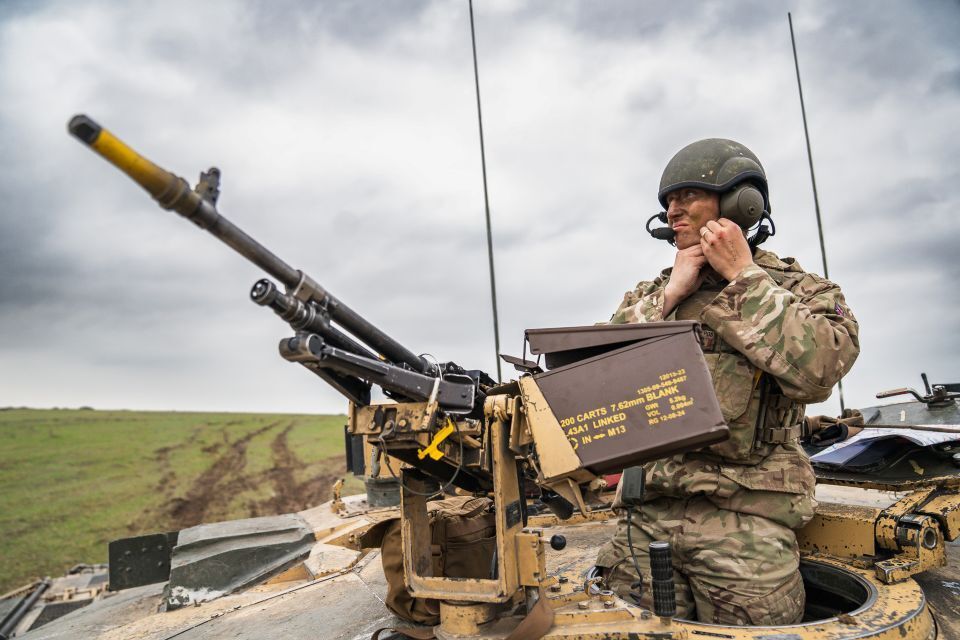Dstl supports new COVID-19 decision-making tool

Above:
Interactive tool showing possible decision pathways.
© BMJ Publishing Group 2021
The tool will help decision makers and the public understand what the risks are, including when eating out in a small restaurant, if they can safely sing in a choir, and how much difference it makes if a window is open.
The Defence Science and Technology Laboratory (Dstl) has carried out a number of research roles in support of the Government’s response to the COVID-19 pandemic. The interactive tool was built on top of an underlying mathematical framework, conceived by Dstl, for combining the factors that affect transmission. These were used as the basis for eliciting the data, which was then used to help construct the visualisation tool.
Dstl’s Dr Simon Parker said: "One of the real strengths of this approach is that it allows the many complexities of virus transmission to be combined in an integrated way. It provides a system-level view of the individual-to-individual transmission. The interactive tool allows people to explore how the different factors influence the component parts and also the overall strength of transmission."
Based on estimates provided by 26 international experts, it shows the different pathways that may be taken by the virus that causes COVID-19 when it transfers between 2 people.
It is designed to help illustrate the risks of catching COVID-19 in different scenarios - and what can be done to reduce those risks - based on the available evidence.
It also conveys the uncertainties and the disagreement that exists between experts about how the virus behaves, how it is transmitted, and how we can best reduce the likelihood of transmission through personal and social measures.
The researchers say the tool should support decision makers and the public to make informed decisions about how to reduce virus transmission in different contexts, such as how to make a workplace or a public area as safe as it can be while still being open and functional.
Experts also gathered estimates on the importance of different protective measures (such as face coverings and screens, physical distancing, hand hygiene and surface cleaning) in reducing transmission.
Analysis of all the values showed that airborne transmission routes were most important in almost all situations, while face coverings, especially when worn by an infected person as a form of source control, were the most important mitigation measure.
But importantly, all routes were considered to play a part in transmission, and simple measures such as physical distancing, hand washing, and respiratory hygiene all made a useful contribution.
The full paper has been published in The BMJ .











